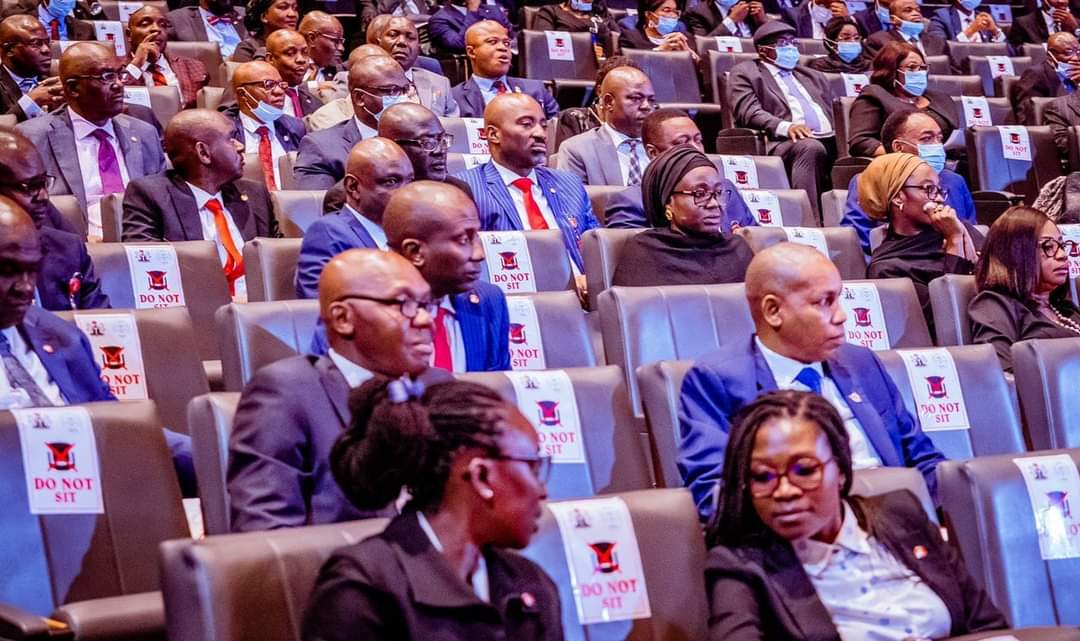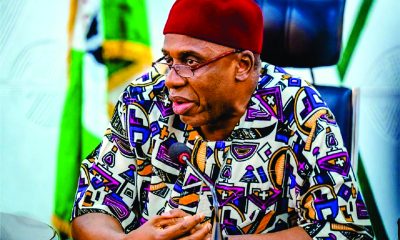Business
Europe’s Declining Workforce, Opportunities For Nigeria – PwC

Report by Pricewater House-Coopers has said as Europe’s workforce decreases, there are existing advantages for job opportunities for the Nigerian labour market.
According to the new report entitled, “Nigerian Brain Exports: The Optimal Path to Growing the Nigerian Economy,” Nigeria already had a large Diaspora and the wealth of young talents in Nigeria was a strong asset that had given the country an edge.
The report noted that Nigeria’s target markets would primarily be Europe and North America, particularly as Europe’s old-age dependency ratio (people aged 65 or more as a percentage of the working-age population) was expected to increase from 27.8 per cent to 39.5 per cent by 2030.
This increases the risk of European countries being unable to replace retiring members of their workforce.
The report envisaged that employment opportunities were expected to grow further, increasing the risk of Europe being unable to meet this increment in job demand.
Also in a European Union Digital Economy and Society Index report, there was an indication of a shortage of information technology specialists in the labour market, with over half of the enterprises reporting difficulties in filling vacancies.
About a million IT professionals are needed to fill the gap.
The report stated that the United States of America was not left out of the equation as it faced alarming skills gaps and mismatches that negatively affected its economic performance, according to the Wilson Center.
It report stated that between 2019 and 2020, employment in the US dropped by about 10 million to 147 million.
In 2021, the US had nearly 7.4 million job openings (ranging from professional and business service to information technology).
However, just about 5.7 million jobs were filled due to lack of qualified candidates, economists at PwC said.
According to the National Skills Coalition, 53 per cent of US jobs are middle-skill (more education & training than a high school diploma but less than a four-year college degree).
However, only 43 per cent of US workers are trained at this level, and this skill shortage could cost the US economy about USD2.5tn in lost output over the next decade, the report noted.
The declining workforce in America and Europe and the need for talent to sustain economic performance in these regions indicate that exporting Nigerian skills and expertise would benefit all parties. Nigeria exports brain capital and these markets provide jobs.
Currently in the ICT world, one in six people are women and this means that the nation is not tapping into all the skill sets available.
A deliberate strategy to grow brain exports will address this, analysts at PwC said.
However, the report identified major focus-selected areas requiring different skill levels and earning multiple wages.
Business
Tinubu’s RHI Doles Out N50m To 1,000 Kwara Petty Traders

Business
UBA To Educate SMEs, Business Owners On Withholding Tax

Business
Nigeria Losing $40b Annually From Maritime Sector – NIMENA
-
Niger Delta5 days ago
A’Ibom Police Enforces Anti-Grazing Law
-
Nation5 days ago
Council Boss Flags Off Projects
-
Politics5 days ago
Thugs Clash Over Anyanwu, Ude-Okoye At PDP BoT Meeting
-
Business5 days ago
LCCI Urges FG To Front Manufacturing Reforms
-

 Politics5 days ago
Politics5 days agoPDP Governors’ Forum Pays Condolence Visit To Makinde …Over Demise Of Elder Brother
-

 Politics5 days ago
Politics5 days agoHow I Would’ve Handled Subsidy Removal As President – Amaechi
-
Nation5 days ago
NGO Honours Individuals, Groups For Outstanding Contributions To Humanity
-
Politics5 days ago
Stop Lying About Your Wealth, Odinkalu Knocks Buhari

